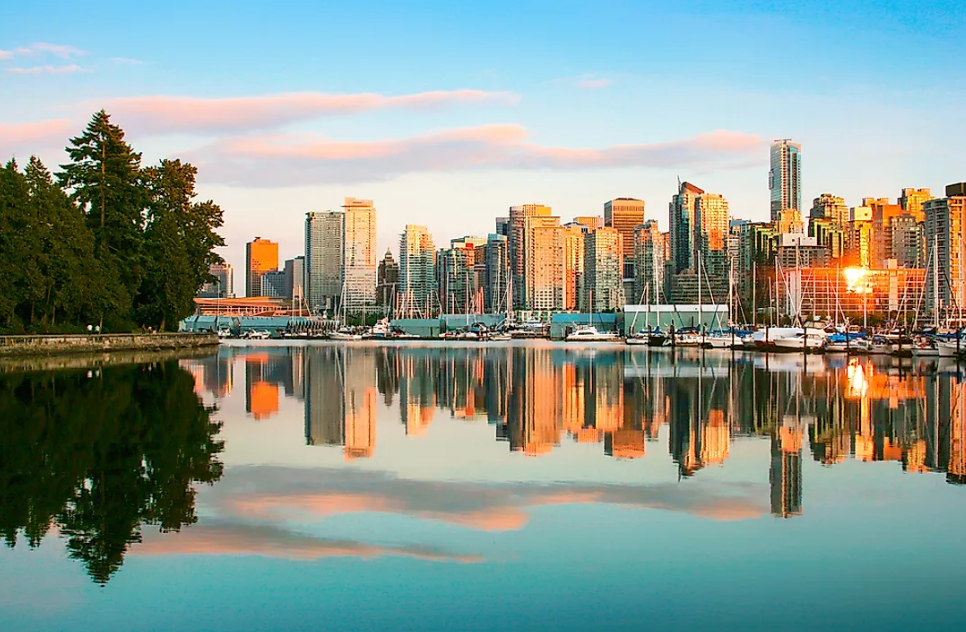The concept of “civilization” is often interpreted through various lenses, including culture, infrastructure, social justice, education, and governance. When discussing the most civilized countries in the world, we typically consider a variety of indices and metrics that assess quality of life, social stability, and overall human development. This article will delve into some of the countries that frequently rank high on various global indices, exploring the components that contribute to their civilization status.

1. Sweden
Sweden is often cited as one of the most civilized countries in the world. It consistently ranks high in the Human Development Index (HDI), which considers factors such as life expectancy, education level, and per capita income. Sweden prides itself on its advanced social welfare system, strong environmental policies, and commitment to gender equality. The country boasts low crime rates, high levels of safety, and a strong sense of community, attributes that are deeply embedded in Swedish culture.
Moreover, Sweden’s education system is renowned for its accessibility and emphasis on critical thinking, creativity, and sustainability. Public services like healthcare and education are well-funded by taxes, creating a robust safety net for all citizens.
2. Norway
Norway frequently ranks as one of the top countries in HDI and is renowned for its stunning natural landscapes, which complement its civilized status. The Norwegian government is characterized by transparency, minimal corruption, and a commitment to human rights. Citizens enjoy a high standard of living, with free healthcare and education, and significant investments in renewable energy.
Norway's political system encourages a participatory democracy where citizens are actively involved in governance. The country places a strong emphasis on social welfare programs and environmental sustainability, making it a model of civilization in modern governance.
3. Denmark
Denmark is often celebrated for its strong sense of community and social cohesion. The Danish welfare system provides comprehensive health care, free education, and social security, contributing to a high quality of life. Denmark consistently ranks as one of the happiest countries in the world, attributed to factors such as work-life balance, trust in government, and quality public services.
The Danes are known for their commitment to sustainability and green living. The country leads in cycling infrastructure and renewable energy initiatives, promoting environmental responsibility among citizens.
4. Finland
Finland is noted for its exceptional education system, which has gained international acclaim for its innovative teaching methods and student-centered approach. The Finnish government prioritizes social welfare, guaranteeing all citizens access to healthcare, education, and social services.
Additionally, Finland is known for its low levels of corruption and high degrees of personal freedom. The country’s robust democracy supports freedom of speech and an active civil society, allowing citizens to engage meaningfully in their governance.
5. Canada
Canada is often highlighted for its multiculturalism, inclusivity, and commitment to human rights. The country’s healthcare system is publicly funded, ensuring that all residents have access to medical care regardless of their financial situation. Canada’s reputation for safety, low crime rates, and political stability contribute to its status as a civilized nation.
Canadian society places a strong emphasis on education and environmental protection, striving to promote social equity and justice for all citizens, including indigenous populations. The country’s policies reflect a deep respect for diversity and the rights of every individual.
6. New Zealand
New Zealand is often praised for its stunning natural beauty and progressive social policies. The country is known for a high degree of freedom and gender equality, alongside robust environmental practices. The New Zealand government prioritizes environmental conservation, embracing practices that promote sustainability.
Culturally, New Zealand is recognized for its respect towards indigenous Maori culture, integrating Maori perspectives within its educational and political systems. This commitment to inclusivity and respect for indigenous rights contributes to New Zealand's reputation as a civilized nation.
7. Netherlands
The Netherlands boasts a high standard of living, comprehensive social services, and a robust education system. Dutch society is characterized by openness to diversity, progressive values, and strong commitments to human rights. The country’s work-life balance is notably favorable, promoting both professional and personal fulfillment.
The Dutch government is recognized for its transparency and low levels of corruption, contributing to a high level of trust between citizens and their leaders. The Netherlands is also a global leader in sustainable practices, particularly in urban planning, renewable energy, and transportation.
8. Switzerland
Switzerland combines high economic development with a unique political system that emphasizes direct democracy. The Swiss enjoy high standards of living, excellent healthcare, and education while maintaining a strong economy supported by finance, pharmaceuticals, and high-tech industries.
Switzerland is celebrated for its neutrality, welcoming cultural diversity, and high levels of civic engagement. The country is known for its robust infrastructure and environmental sustainability initiatives, reinforcing its civilized status.
Conclusion
While different metrics can define civilization, the countries highlighted above consistently prioritize quality of life, social welfare, education, and democratic governance. These nations strive to foster inclusive societies where all citizens can thrive, contributing to a higher level of civilization. As the world continues to evolve, the standards by which we measure civilization may also adapt, but the foundational elements of compassion, equity, and sustainability will remain vital. By examining and learning from these countries, we can aim to build a more civilized global community for generations to come.












